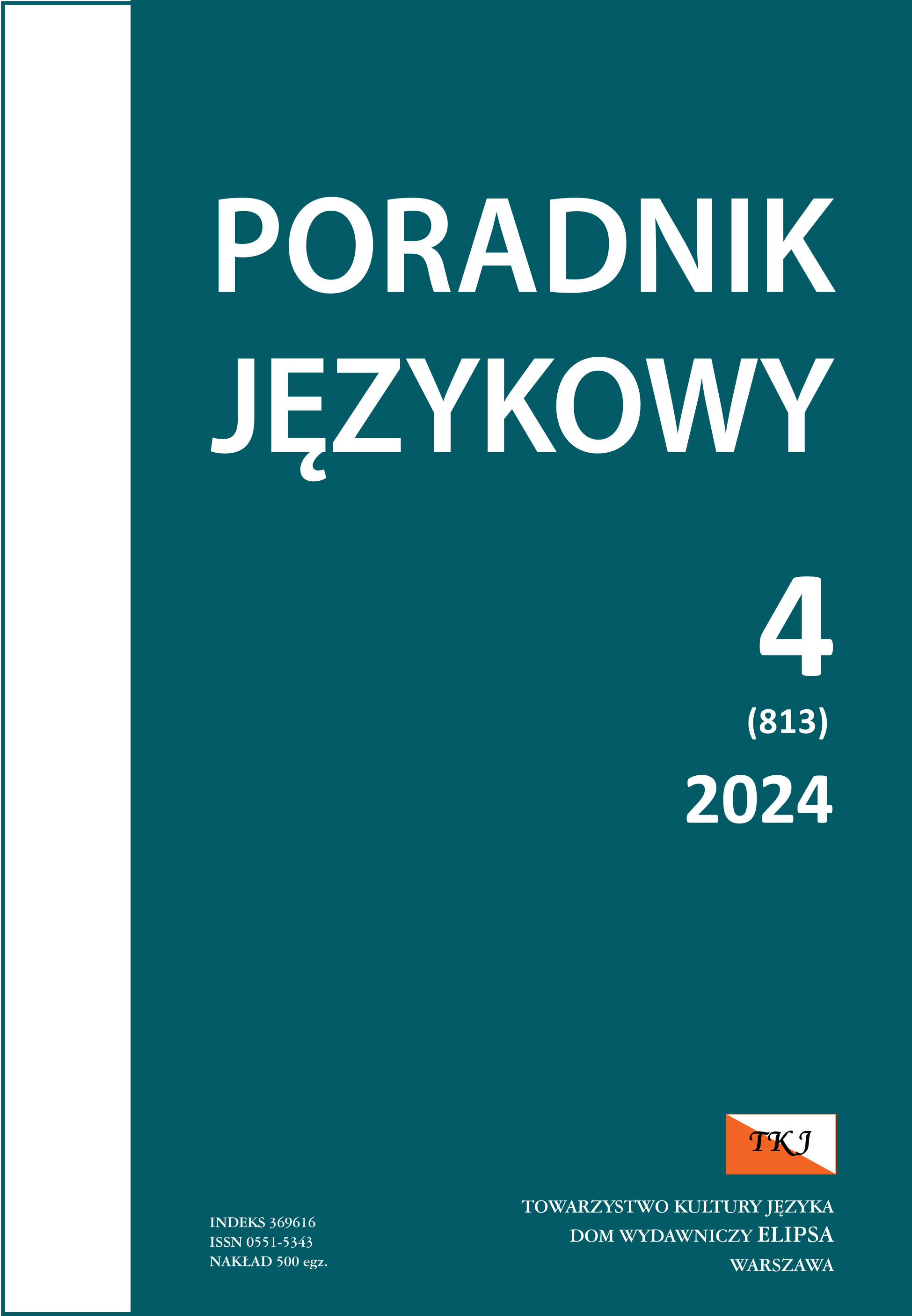Funkcjonowanie powiązań leksykalnych u osób z chorobami neurodegeneracyjnymi.
Lexical associations in patients with neurodegenerative disorders.
Author(s): Olga Jauer-Niworowska, Izabela GatkowskaSubject(s): Psychology, Applied Linguistics, Health and medicine and law
Published by: Dom Wydawniczy ELIPSA
Keywords: linguistics; psychology; speech therapy; diagnosis; therapy; executive functions; cerebellum; dysarthria; language; lexical associations;
Summary/Abstract: This arƟ cle presents case studies of the relaƟ ve ability of two subjects (OB1 and OB2) to make lexical associaƟ ons; they have spinocerebellar ataxia type 1 and Parkinson’s disease, respecƟ vely. Test method: subjects gave associaƟ ons (orally, with no Ɵ me limit) to 63 verbal stimuli presented on a computer screen. Verbal stimuli were selected from Gatkowska’s experimental study (Gatkowska 2017). Responses were recorded on an Olympus 650 digital voice recorder, then analysed linguisƟ cally and psychologically. Results: psychological analysis – subjects within intellectual norm (Raven’s Matrices test), dysarthric disorder, diffi culty in implemenƟ ng instrucƟ ons. LinguisƟ c analysis: OB1 – predominance of paradigmaƟ c relaƟ ons (hyponymy, meronymy, synonymy) over syntagmaƟ c relaƟ ons (diffi culty building context), lack of causality. OB2 – richer paradigmaƟ c relaƟ ons (hyponymy, meronymy, synonymy, antonymy, complementarity), syntagmaƟ c relaƟ ons diverse. Conclusions: possible complex background of language disorders (execuƟ ve, emoƟ onal), higher level of language funcƟ oning of OB2 compared to OB1. The study illustrates the need for an interdisciplinary and holisƟ c approach in diagnosƟ c and therapeuƟ c management
Journal: Poradnik Językowy
- Issue Year: 2024
- Issue No: 04
- Page Range: 7-25
- Page Count: 19
- Language: Polish

